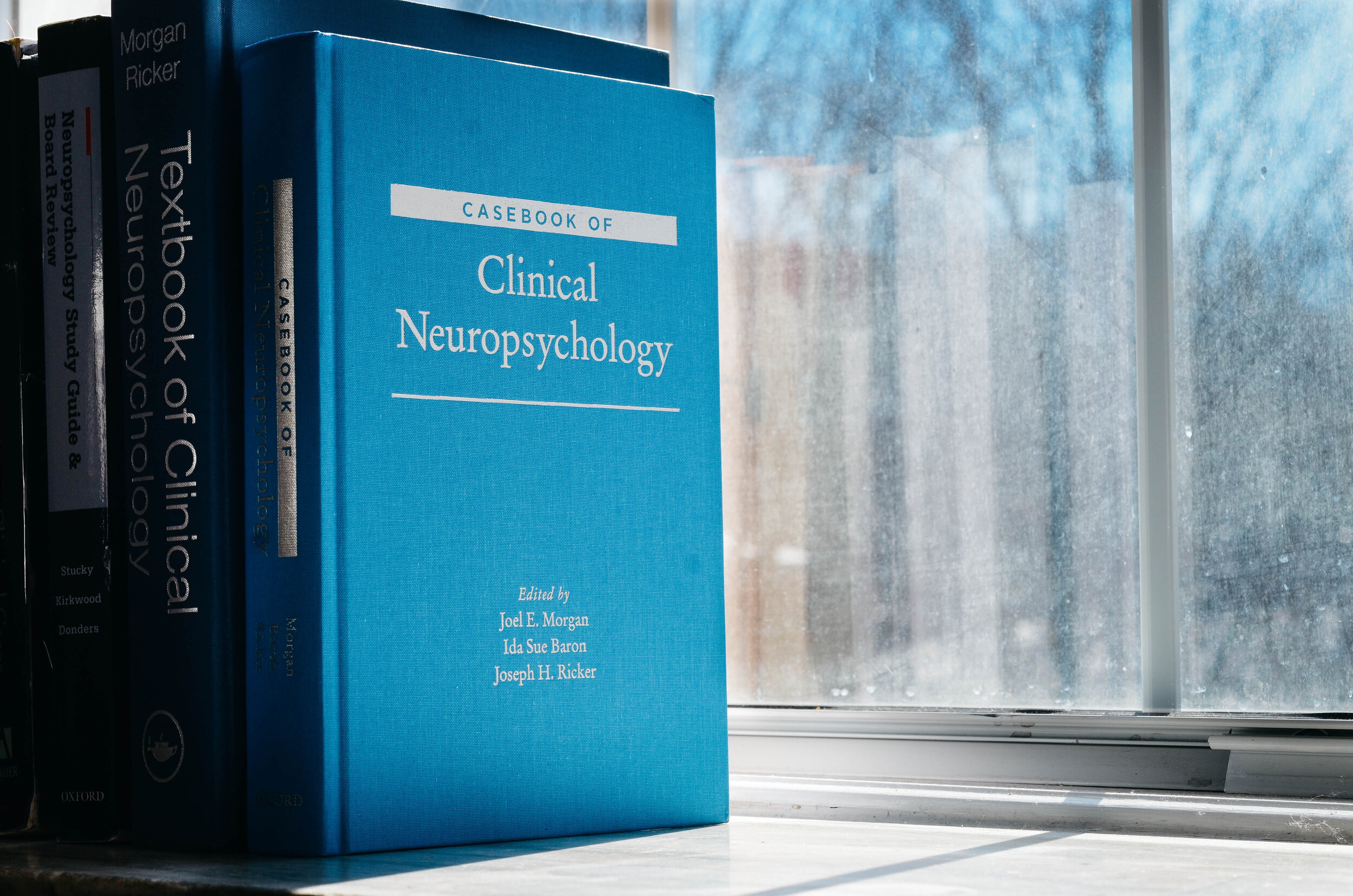Adult & Geriatric Evaluation
Weekly Individual Cognitive-Behavioral Skills Sessions:
Adult neuropsychological evaluations help clarify how changes in thinking, mood, or behavior may be affecting daily functioning, relationships, academic performance, or overall well-being. These evaluations are appropriate for adults of any age and provide detailed information about cognitive strengths and weaknesses, diagnostic considerations, and individualized treatment recommendations.
We assess a wide range of concerns, including difficulties with attention, memory, processing speed, executive functioning, mood-related cognitive changes, and challenges following neurological or medical events. Evaluations are also helpful in differentiating between cognitive changes caused by medical or neurological factors and those related to stress, anxiety, depression, trauma, sleep disturbance, or medication effects.
Our evaluations may address questions related to:
Academic functioning and learning concerns
Clarifying diagnoses such as ADHD, learning disorders, or mood-related cognitive concerns
Understanding how medical or neurological conditions affect thinking and behavior
Determining whether cognitive changes are stable, improving, or declining over time
Neuropsychological assessment can also be used to establish a baseline, track changes over time, and guide treatment planning so that any improvement or decline is promptly identified and addressed.
We specialize in evaluating adults with:
Movement disorders
Memory concerns and cognitive decline
Traumatic brain injury and concussion
Stroke and other cerebrovascular conditions
Seizure disorders
Brain tumors or other neurological illnesses
Substance- or alcohol-related cognitive changes
ADHD or other neurodevelopmental conditions in adulthood
Mood, anxiety, or trauma-related cognitive symptoms
Dementia and related neurocognitive disorders

